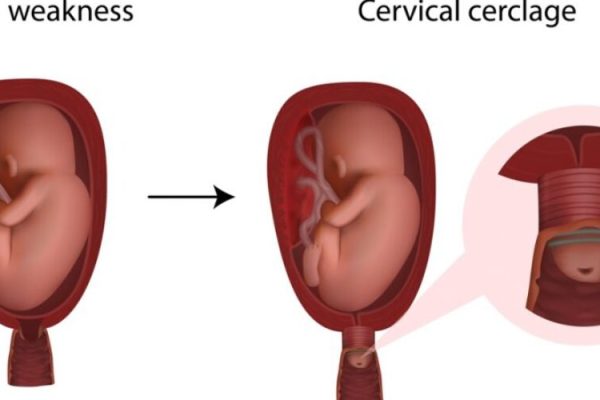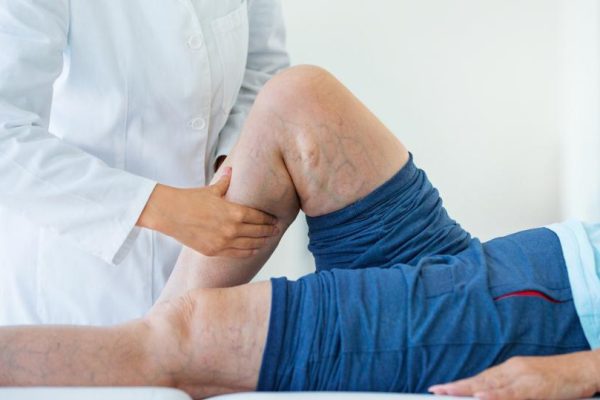Sometimes people find themselves facing emergency surgery out of the blue. Perhaps they were previously misdiagnosed and a second opinion confirms they need an emergency operation. In other cases, people may have suffered an unforeseen injury which requires going under the knife right away.
Whatever the reasons are which have led to your emergency surgery, it’s normal to feel anxious about the procedure.
It’s normal to have fears about things going wrong, or experiencing pain. However, modern technology has made surgery safer than ever.
Assuming you aren’t in a high-risk category, chances of your operation going well are high. It’s entirely possible to make a full recovery and experience relief soon after.
Here are some of the best tips for bouncing back after experiencing emergency surgery.
Follow Doctors Orders
This may seem like a no-brainer for a lot of people; however, you’d be surprised at how many people fail to do so. If your doctor gives you instructions like staying on bedrest or not driving after taking your medication, you should follow their advice!
Even if you’re convinced you’re feeling better, it’s always best to follow the professional advice that you were given. Failing to listen to your doctor could result in a worsened condition, or even internal bleeding! Be a good patient and follow your recovery plan!
Eat a Healthy Diet
Your hunger may have changed after having surgery. You may feel more or even less hungry than usual. In order to promote healing, you should eat a balanced diet full of plenty of natural foods.
Certain foods can lead to bloating and other adverse reactions, so be sure to avoid unhealthy options which are high in sugar, fat, and sodium.
Go To Your Follow Up Appointments
A lot of people skip their follow up appointments because they’re convinced it won’t go well. Perhaps they don’t want to bother with having to leave the house, or they’re afraid the results won’t be something they want to hear.
However, surgery is a serious procedure. Your doctor needs to ensure that there is no blood clotting or infections. They’ll need to know whether your current dose of medication is doing its job, or if changes are called for.
Arrange Help From Friends and Family
It’s easy to believe that you can do everything yourself. Often we think we are burdening others by asking them to help. However, if you’re unable to move as much or experience pain, you should ask for help when you need it.
People who love you will be happy to help you on your road to recovery.
Ease Back To Your Routine Slowly
Many patients are eager to get back to work and social outings. However, you should take things very slowly. Ease into your old routine gradually rather than diving head first.
Try to start by walking slowly, and practicing stretches. Eventually, you’ll be back on your feet, but it will take time.





